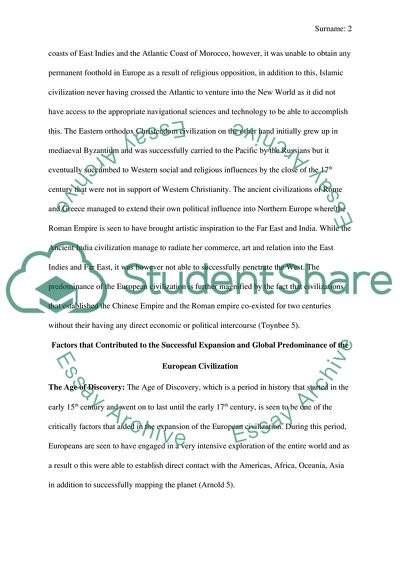Cite this document
(“History of civilization Essay Example | Topics and Well Written Essays - 1500 words”, n.d.)
History of civilization Essay Example | Topics and Well Written Essays - 1500 words. Retrieved from https://studentshare.org/history/1634153-history-of-civilization
History of civilization Essay Example | Topics and Well Written Essays - 1500 words. Retrieved from https://studentshare.org/history/1634153-history-of-civilization
(History of Civilization Essay Example | Topics and Well Written Essays - 1500 Words)
History of Civilization Essay Example | Topics and Well Written Essays - 1500 Words. https://studentshare.org/history/1634153-history-of-civilization.
History of Civilization Essay Example | Topics and Well Written Essays - 1500 Words. https://studentshare.org/history/1634153-history-of-civilization.
“History of Civilization Essay Example | Topics and Well Written Essays - 1500 Words”, n.d. https://studentshare.org/history/1634153-history-of-civilization.


